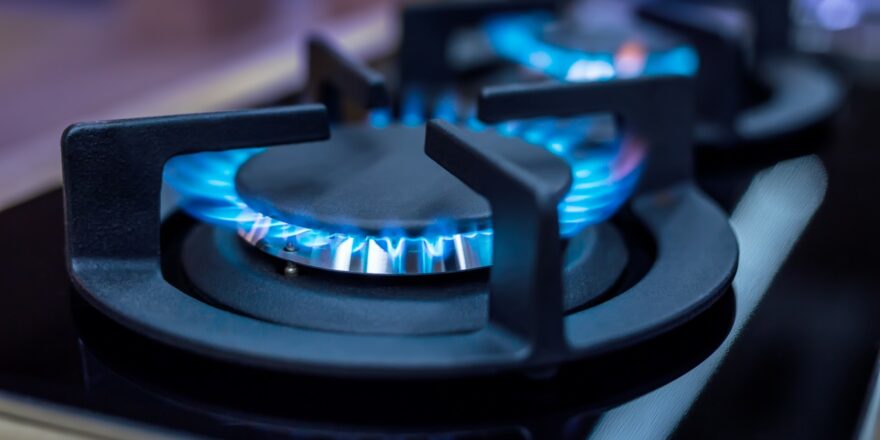Why Your Cooking Is Bad for the Environment and How to Make It Better
If you’re concerned about the health of the world around us, you’ve probably already adopted certain measures to help minimize your negative impact on the environment — turning off unneeded lights, taking shorter showers, taking reusable bags to the supermarket, and so on.
But something most of us do every day has environmental consequences, too: cooking.
Cooking is generally defined as the preparation of food by the use of heat. Of course generating heat requires an expenditure of energy, which in turn creates a carbon footprint — the emission of greenhouse gases due to human activities.
This is inevitable. Unless our kitchen runs entirely on wind or solar power, we can’t cook without burning fossil fuels at some point in the process. It’s little wonder that few U.S. cities are meeting their clean energy goals.
However, there are a number of things we can do to minimize the effects of our food preparation on the world around us.
To begin with, other than wood fires, gas ranges offer the least efficient use of energy, because a lot of what is generated doesn’t get transferred to the food. The cooking efficiency of a gas range is about 40%, compared with 74% for electric. Better than both, however, are induction cooktops, which are 84% efficient.
No matter what heat source you use, however, these energy-saving strategies are worth remembering:
Sponsored: Find a Qualified Financial Advisor
Finding a qualified financial advisor doesn’t have to be hard. SmartAsset’s free tool matches you with up to 3 fiduciary financial advisors in your area in 5 minutes. Each advisor has been vetted by SmartAsset and is held to a fiduciary standard to act in your best interests. If you’re ready to be matched with local advisors that can help you achieve your financial goals, get started now.
Source: Read Full Article

